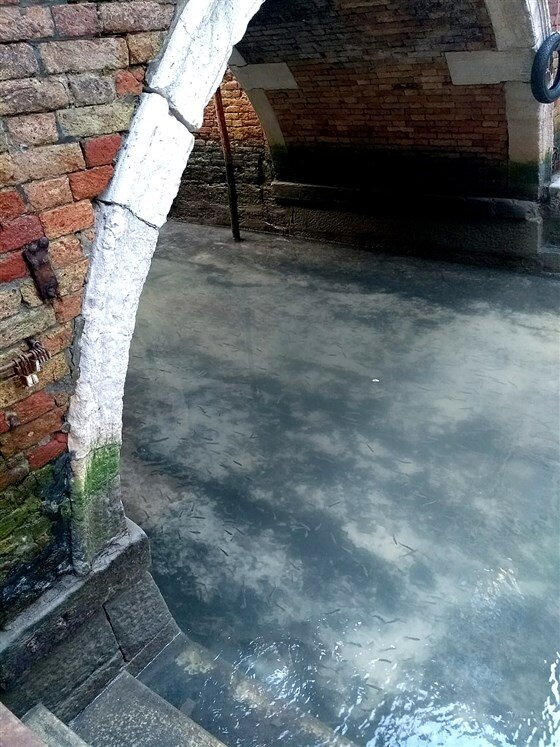Limestone Neoprene Wetsuits & Float Vests
Why We Use Limestone Neoprene (And Why It’s Way Better Than the Old Stuff) Roarsome exists to inspire adventure and get kids outdoors while protecting our...

@vincentromain
Amongst all the nastiness, there are a few rays of light. After weeks of hearing bad news, we thought it might be time to hear something positive.
Quarantine has had an inspiring effect on the natural world. After only a short period, the Earth is showing signs of amazing things in the absence of human pollution.
Here’s a few ways that the planet seems to be saying thank you for staying at home.

Marco Capovilla / Venezia Pulita
In Venice, hundreds of canals have been emptied of speeding motorboat taxis, transport and tourist boats. The famous waterways are now clear enough, for the first time in 60 years, to see the river bed and shoals of fish, encouraging cormorants and ducks to return.

The Himalayas are now visible from Pathankot, Punjab ( @parasrishi / Twitter )
India has seen a drastic reduction in pollution levels nationwide.
Smogs have cleared all over the country, allowing people in places like Jalandhar to see the Himalayan mountain range from the streets, for the first time in decades.
The air quality in the region, which sits more than 100 miles from the Himalayas, has been measured as "good" on the country's national index for 16 of the 17 days since the nationwide lockdown was announced.
The same 17-day period last year failed to register a single day of "good" air.

Nitrogen dioxide emissions in January and February this year. Courtesy of NASA Earth Observatory
The cloud of nitrogen dioxide that was parked over China in January seemed to evaporate in February.
NASA scientists said that similar emissions reductions have been observed in other countries during economic disruptions but that the sharp decrease in air pollution in China during the quarantine period was especially rapid.
According to “conservative estimates” shared by Marshall Burke, a scientist from Stanford University, the reduction “likely has saved the lives of 4,000 kids under five and 73,000 adults over 70 in China.’’